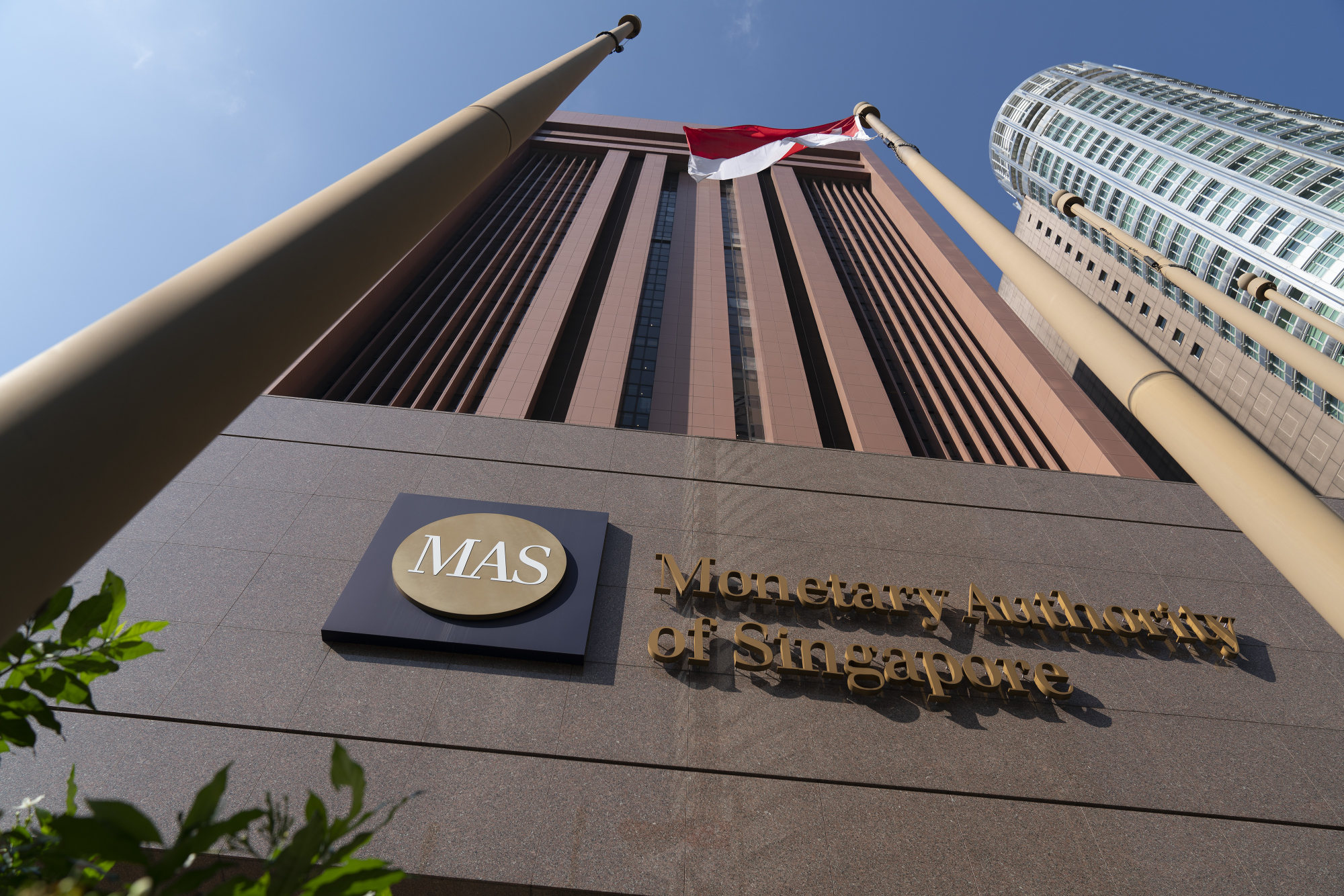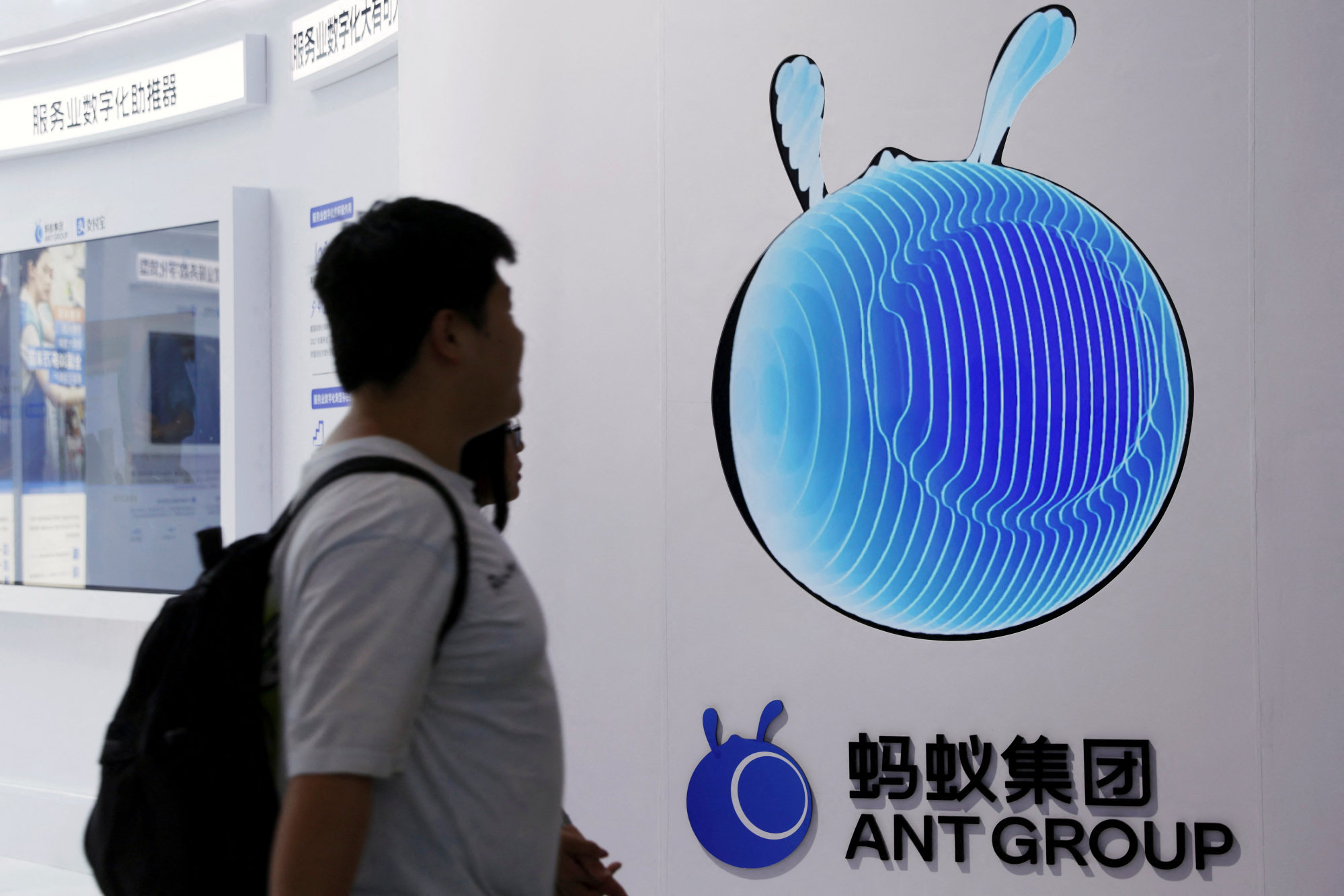In a keynote address at the Singapore FinTech Festival on Wednesday, Georgieva said CBDCs could not only replace cash, which was costly to distribute in island economies, but improve financial inclusion in places where few hold bank accounts. However, the pace towards using CBDCs needed to pick up, she said.
The three-day major technology event brings together 62,000 participants across the fintech industry globally as well as investors, government representatives, and commercial and central banks. Attendees include Amazon, Binance, Grab, HSBC and JPMorgan.

“Adoption of CBDCs is nowhere close. But about 60 per cent of countries are exploring them in some form today,” Georgieva said. “To the extent CBDCs are deployed, they must be built to facilitate cross-border payments, which are at present expensive, slow, and available to few. Again, we must start this work today so we don’t have to back-pedal tomorrow.”
The Philippines understood the importance of the “financial inclusion” that Georgieva alluded to, President Ferdinand Marcos Jnr said in his keynote address at the event. The Southeast Asian country has one of the highest “unbanked” populations in the world or people without a bank account, according to the World Bank.
“[We] recognise the growing presence of digital banking, and the importance of inclusive finance for our financial landscape, so that no one will be left behind in our pursuit of progress and prosperity,” he said, adding that his government was focused on digitising the economy.
Country authorities looking to introduce CBDCs might need to think a little more like entrepreneurs who particularly flourish in a state like Singapore, Georgieva said.
Crypto speculation, CBDCs, talent crunch in focus at Singapore fintech festival
Crypto speculation, CBDCs, talent crunch in focus at Singapore fintech festival
The IMF launched a new handbook at the Singapore festival on Wednesday to help policymakers speed up their use and launch of CBDCs, a digital form of a government-issued currency issued by the central banks.
Non-government digital currencies include cryptocurrency.
With the use of CBDCs, efficient cross-border payments can be made, expediting capital transfer and growth while reducing costs for small businesses, for example, Georgieva said.
“While we see encouraging declines in the cost of remittances, they remain above Sustainable Development Goal targets. We must ensure that countries do not get stuck on the wrong side of the digital divide,” she said.

In the public sector, Singapore’s Monetary Authority of Singapore (MAS), alongside the Bank for International Settlements, was active in supporting the adoption of CBDCs and faster payments systems, she added.
The authority’s “Project Guardian”, which currently explores platforms to exchange digital money and assets, announced five new industry pilots to test the use of asset tokenisation on Wednesday. Citi, BNY Mellon and Ant Group are among those involved in those new projects alongside the MAS.

Ant International, an affiliate of Alibaba which also owns the Post, is looking to boost “digital payment and digital commerce” through Alipay+, its cross-border mobile payment service for merchants and small and medium-sized enterprises globally.
The MAS also announced the successful conclusion of phase one of Project MindForge, which is a risk framework for the use of generative artificial Intelligence in the financial sector, and will publish the framework in January.
The project is supported by a consortium of local banks, including DBS Bank and OCBC Bank.

In a dialogue at the festival, Singapore’s President Tharman Shanmugaratnam said the current technology of artificial intelligence would be faster at both replacing human tasks and enabling humans at the same time.
He said change would not occur in the next three to four years, but in 10 to 15 years, this “technological revolution is going to have a more profound effect on the workforce than any previous technological revolutions”.
“We wondered whether [we’d] reach the point of singularity, where the machine becomes equivalent or smarter to the human brain. There’s no intrinsic reason why it can’t happen,” he said.
“I don’t think this is going to happen suddenly, where we wake up one day and find singularity. It’s going to happen progressively.”

